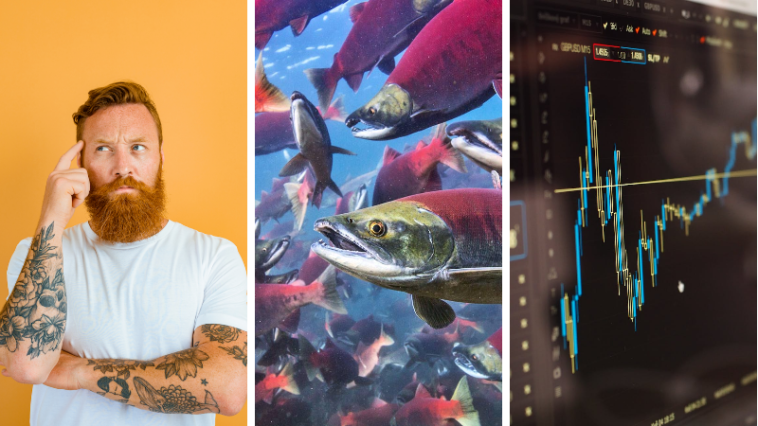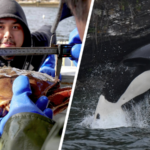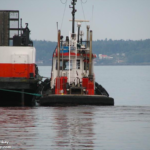People up and down B.C.’s coast are being asked to share their opinions about a plan that could create stronger fisheries.
From now up until late October there will be a series of online webinars and in-person events about Marine Protected Areas, also known as MPAs, a tool that many studies show is among the most innovative tools used around the world to boost fish stocks and secure the health of the ocean.
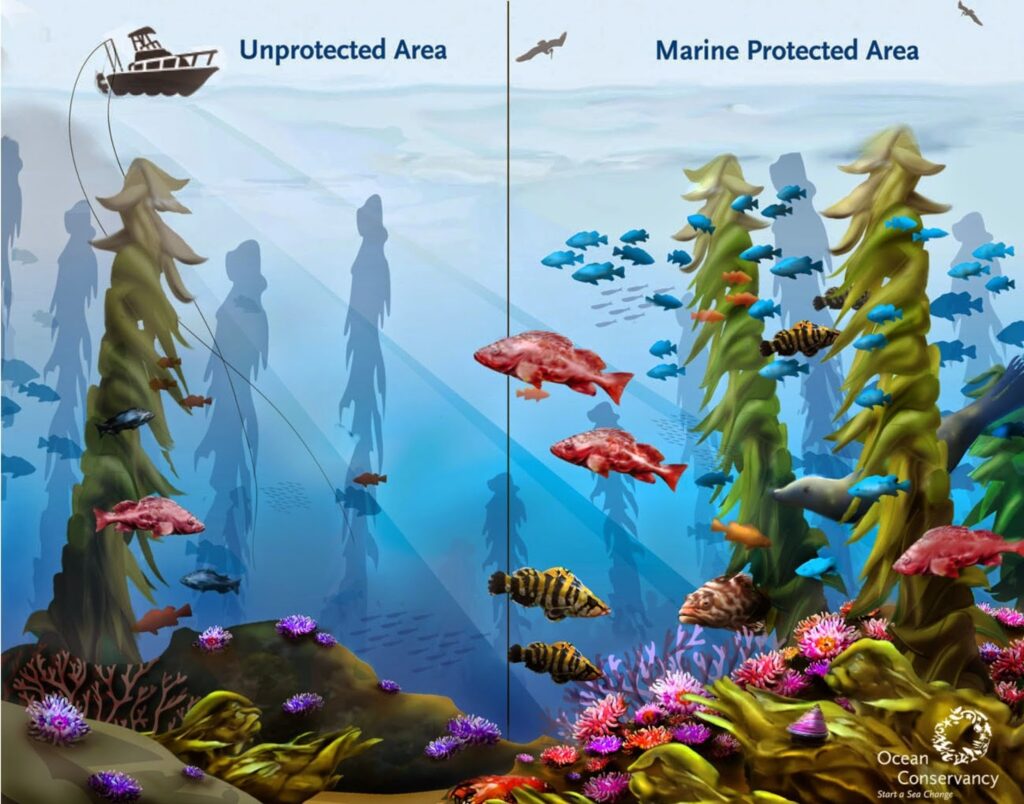
The next public information session about MPAs is taking place on September 26 from 1pm to 330pm and you can register for it here. To find information about other events, along with a survey to share your views, visit this website.
The reason for these public consultation events is that B.C. is moving forward to protect more than 30,000 square kilometers of marine areas in a region stretching from northern Vancouver Island to the southern tip of Alaska.
Many studies show when you protect habitats for fish from things like oil and gas drilling and industrial shipping, it can make local fisheries healthier.
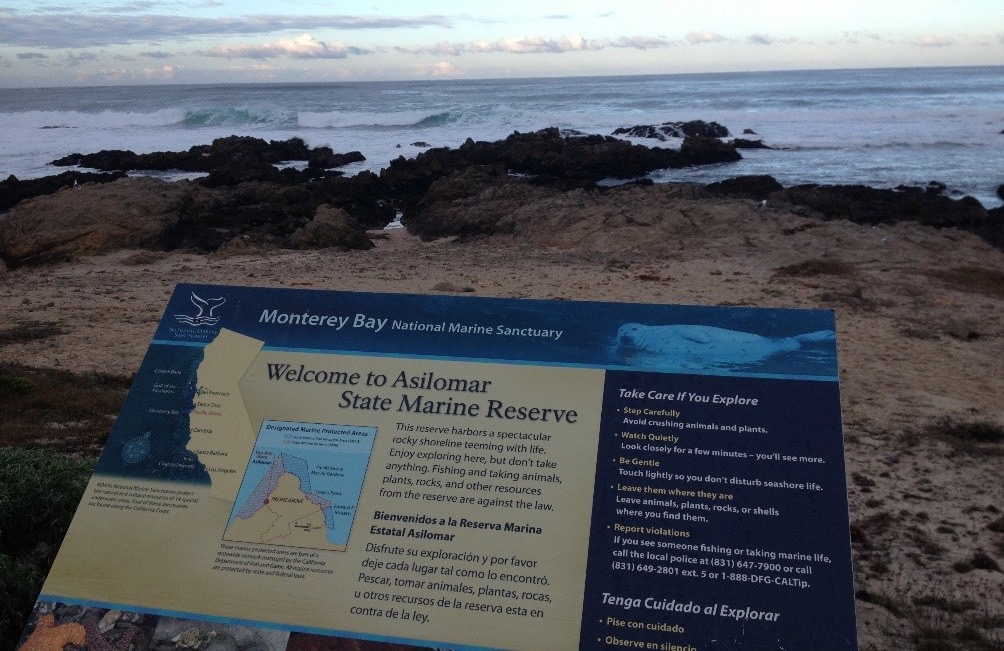
California for example has more than 120 Marine Protected Areas and this “has helped to boost stocks of rockfish and beds of endangered black abalone since they were introduced a decade ago,” according to the Coast Reporter. “In one group of islands under protection, the density of fish species was 50 per cent higher than outside of the network.”
Some fishermen in B.C. say they’ll believe it when they see it.

“The worst-case scenario is something that is preservationist, where there’s only certain kind of access,” fretted Owen Bird, executive director of the Sport Fishing Institute of BC.
But in California “the trends are encouraging,” according to a story in Sports Fishing Magazine published after scientists completed their first major study on the state’s MPAs.
A recent study from Southern California found that setting aside 35% of habitat as a marine protected area was accompanied by a 225% increase in total catch.”
Setting 35% of marine habitat aside within a marine protected area resulted in a 225% increase in total catch.
This led researchers to conclude that marine protected areas “benefited the fishery.”
Another recent study of MPAs found that “there was little to no negative impact” on commercially important fisheries.
A full report about MPAs along the B.C. coast incorporating local voices and opinions will be published sometime in spring 2023.


